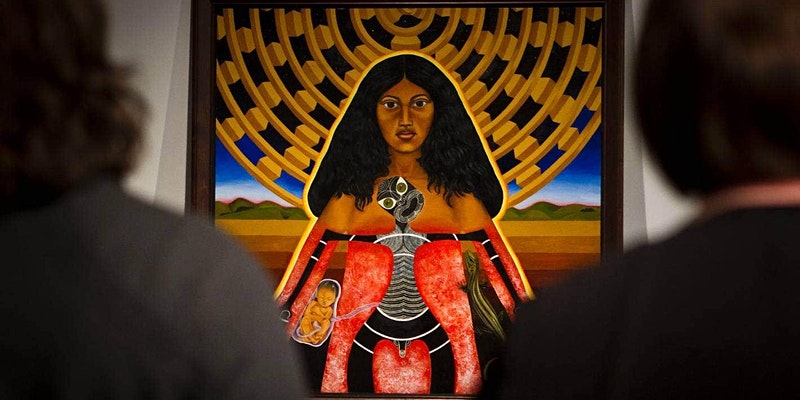
Join us for our latest Work in Progress session, to be delivered by Emma Gattey, PhD candidate at the University of Cambridge.
Online, Jan 14th, from 3.30pm (GMT)
For zoom link and other details, contact us at indigenousstudies@kent.ac.uk
One of the fundamental aspects of tino rangatiratanga (Indigenous sovereignty) in Aotearoa New Zealand is restoring the mana (power, status, authority) of wāhine Māori (Māori women), reversing the changes in gender roles and relations wrought by colonisation, and correcting the distortion of Māori history by Pākehā (settler colonial) scholars. A key site for this whakamana (empowerment) has been the Waitangi Tribunal, established in 1975 as a government response to Māori struggle. In 1993, a group of wāhine Māori activated their legal entitlements, filing a claim alleging that the Crown’s historical and contemporary policies have denied the mana and iho (essence) of wāhine Māori, resulting in systemic discrimination, deprivation, and inequities. In 2021, the Mana Wahine claim (Wai 2700) is finally progressing to substantive hearings, presaging weeks of women-led, women-focused evidence and a series of Tribunal reports recovering the centrality of wāhine Māori within pre- and ‘post’-colonial Māori society.
Despite their mana and accomplishments, wāhine Māori have been doubly marginalised within national histories: first, within their contemporary political and intellectual circles; and secondly, within popular memory and academic histories of Aotearoa. In the form of legal action, the Wai 2700 claim exemplifies Mana Wahine theory: a theoretical framework or ‘decolonizing methodology’ that reaffirms the inherent rights, power, and status of Māori women, both against the Crown and Māori men.
By tracing key Mana Wahine theorists and the Wai 2700 claim, this paper examines allied forms of legal action, activism, and revisionist feminist scholarship as means of moving wāhine Māori from the margins to the centre of the Māori sovereignty debate, and thus New Zealand history. Through activist-intellectual work and the instrumentalisation of statutory rights, wāhine Māori continue to play a crucial role in the internationally inflected, intersectional transition towards radical revisionist history, the assertion of Māori sovereignty, and the re-centring of women within local and global histories. Adopting the research paradigm of Mana Wahine theory to analyse the development of Wai 2700, this paper hopes to contribute to the whakamana and re-centring of wāhine Māori as the heart of the Māori sovereignty movement.
Bio:
A Pākehā (New Zealander of European descent) from Aotearoa New Zealand, Emma Gattey is a History PhD candidate at the University of Cambridge. Her doctoral research focuses on Indigenous feminism, anti-colonialism and intellectual sovereignty in late 20th century New Zealand. Emma (she/her/hers) regularly reviews books for Landfall, a New Zealand literary journal, and is a Research Fellow at the University of Otago Law Faculty, working on Te Takarangi, a collaborative publishing project celebrating 200 years of Māori scholarship and publication.